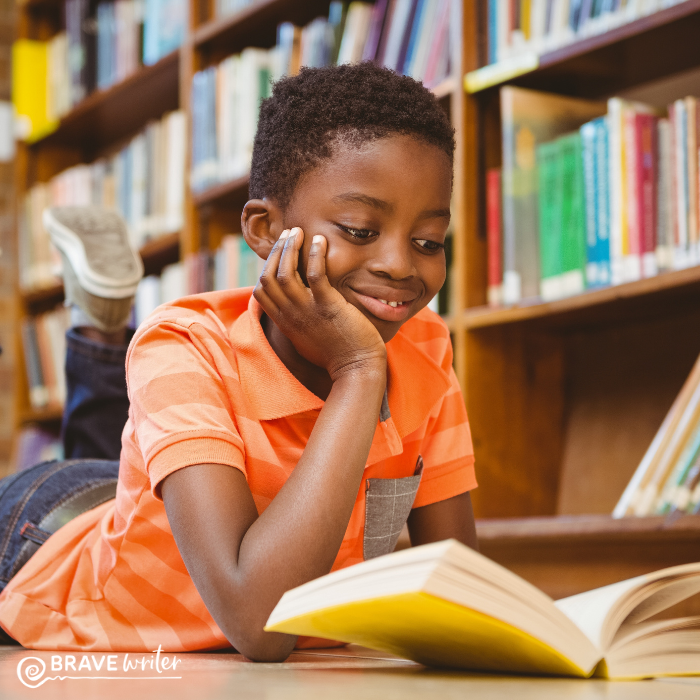Brave Learner Home: Cultivating Genius
Ever been delighted to stumble across a book that provides startling new insight on something familiar? That’s what happened to me with the book Cultivating Genius.
[This post contains Amazon affiliate links. When you click on those links to make purchases, Brave Writer receives compensation at no extra cost to you. Thank you!]
When I was doing research for my own upcoming book about critical thinking, I discovered the work of best-selling author Dr. Gholnecsar (Gholdy) Muhammad, author of Cultivating Genius: An Equity Framework for Culturally and Historically Responsive Literacy.
I noticed right away that Dr. Muhammad’s research into 19th century Black literary societies had themes reminding me of the Charlotte Mason approach to homeschooling!
Gholdy has extended the effective historic model of Black literary societies, creating an “equity framework” for today’s K-12 education.
Her equity framework can make education more meaningful and effective for children learning in school or at home. You’ll find my conversation with her fascinating and affirming!
Cultivating Genius
Dr. Muhammad explains that many educators today focus mainly on skills and learning standards, while she identifies four components of an effective education:
- Identity
- Skills
- Intellect
- Criticality
Are you interested in how to move beyond “skills” as the principal focus for education? Curious about how the practices of historic Black literary societies can have a positive effect on learning in your communities’ schools and in your home?
Check out the Cultivating Genius webinar in Brave Learner Home and join me and Dr. Gholnecsar (Gholdy) Muhammad as we discuss this important topic.
Dr. Gholnecsar (Gholdy) Muhammad, studies Black historical excellence within educational communities with goals of reframing curriculum and instruction today.
She is an Associate Professor of Language and Literacy at Georgia State University, serves as the director of the GSU Urban Literacy Collaborative & Clinic, and works with teachers and young people across the United States and South Africa in best practices in culturally responsive instruction. Her scholarship has appeared in leading educational journals and books.



















